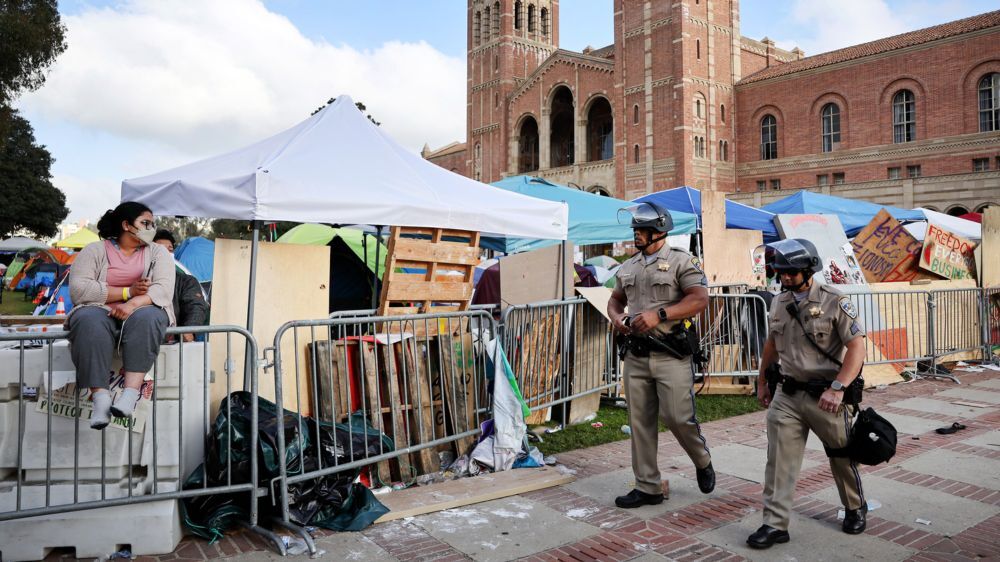Student activism is challenging university endowments : The Indicator from Planet Money : NPR
transcript
audio
MA: So those are some of the practical obstacles standing in the way of divestment. But let's just put that aside for a second and assume that some protesters successfully convince their schools to divest from certain companies. How effective might that be in accomplishing the larger goal of these protests? For instance, a permanent cease-fire.
We put that question to Witold Henisz. He's a professor at the University of Pennsylvania who studied how social movements and shareholder activism affect companies. And he says if a divestment campaign is simply about taking a moral stance or raising awareness around an issue, it can be effective.
WITOLD HENISZ: Divestment can be part of constructing a broader social and political movement. Maybe the protests build pressure against politicians, for voters, for a wide range of companies, not just those targeted by divestment, and they change the way we think about an issue.
WOODS: But if the goal is to directly pressure companies and sometimes then governments into changing their behavior, Witold says research on divestment campaigns from the past few decades suggests they can actually be counterproductive.
HENISZ: Imagine you care really deeply about something a company is doing and you want the company to change. If you sell your shares or if you force someone to sell their shares who cares about the issue, by definition, the person who buys the shares, the person who's on the other end of the transaction cares less.
WOODS: Witold says this applies even to those fossil fuel divestment campaigns we mentioned earlier.
HENISZ: If the university and many other institutions who cared about the climate transition sold their shares, who would buy it? Who would buy the shares? Maybe the Saudi government or maybe the Russian government or maybe the Koch Brothers. Should we feel better about that?

NPR is a joke. BDS worked on South African Apartheid, and if it wasn't a massive threat to the US-Israel money laundering/Imperial-Client relationship, so many states wouldn't have banned even advocating for it in the US.
If it was actually useless, outlets like NPR would be pumping out articles in support of it
This is the correct answer